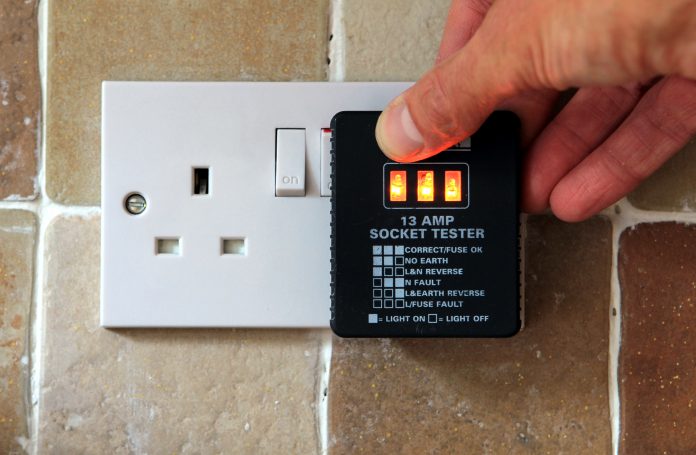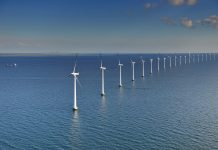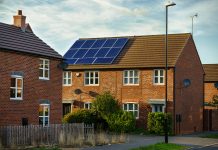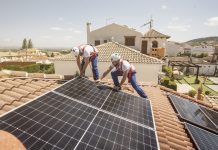4Ioannis Vardakastanis, Member of the European Economic and Social Committee, argues that the EU and Member States must do more to tackle energy poverty and protect vulnerable consumers
This year, energy poverty has been causing growing concern for EU citizens and businesses, with more and more consumers worried about not being able to pay their energy bills.
In 2020, 8% of the EU population reported not being able to keep their home warm enough. Today that number is likely to have risen, as energy prices have increased sharply since mid-2021. In March 2022, annual energy inflation in the EU hit 40.2%, with the highest annual rate of change in energy prices reaching 99.6% and the lowest 0%. Energy prices are also impacted by geopolitical tensions, including the war in Ukraine and EU Member States’ dependency on energy imports.
A look at energy poverty
Energy poverty is caused by a combination of factors, including low incomes, inefficient buildings and appliances, and lack of information on and access to incentives to reduce energy consumption. Higher energy, transport and food prices combined are also putting more pressure on all consumers, but especially low-income households, where energy poverty is higher.
In addition, high energy prices make the environment very precarious for micro, small and medium-sized enterprises, with a risk of bankruptcy, leading to potential job losses and thereby exacerbating poverty.
It is also important to note that not only are we facing an energy price spike, we are also facing more extreme weather conditions, with colder winters and hotter summers caused by the climate crisis, which often means we have to consume more energy to keep our homes a healthy temperature. Given these circumstances, the EU and its Member States need to act, and fast.
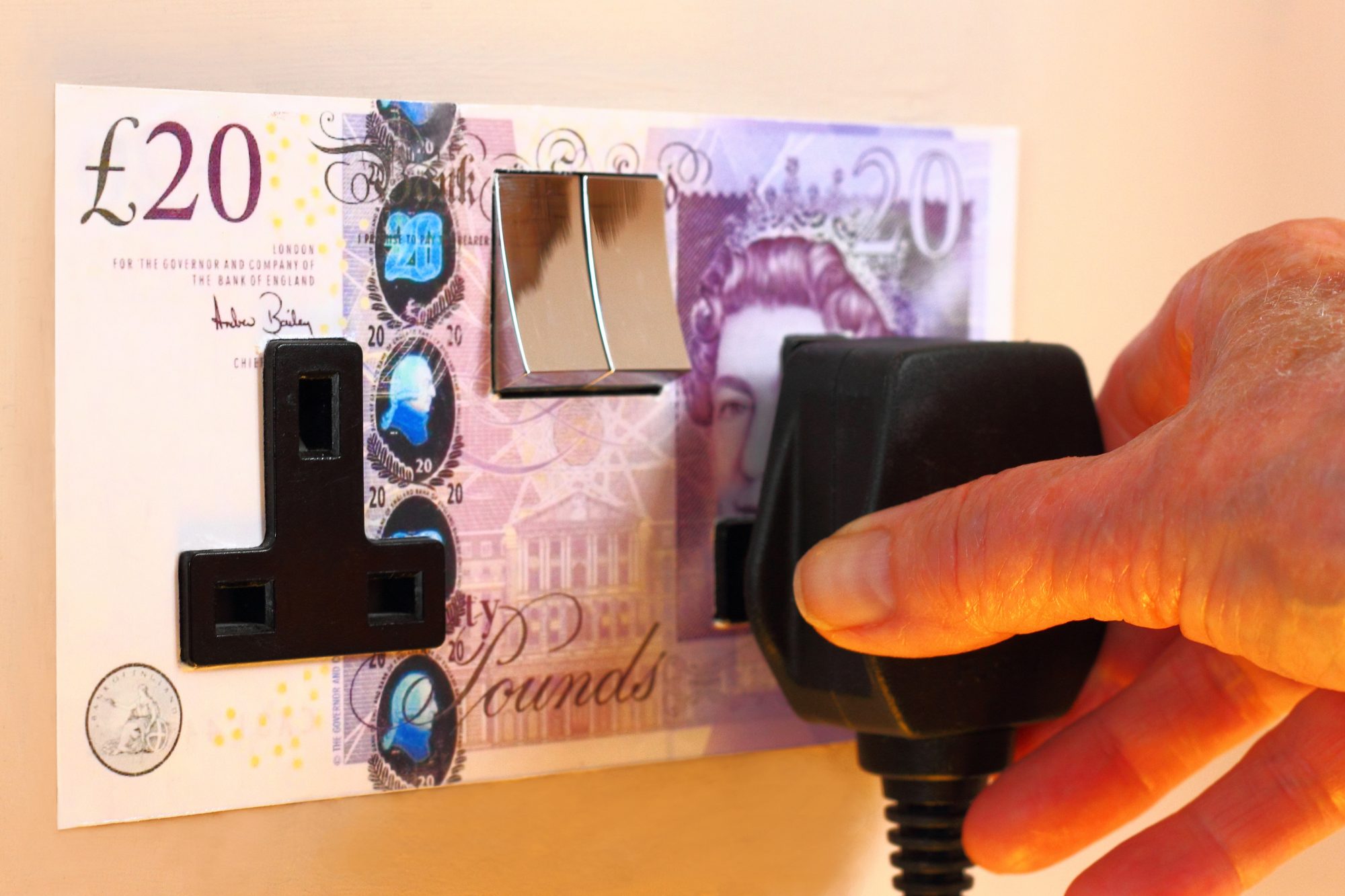
In September 2022, the European Economic and Social Committee adopted an opinion on energy poverty that addresses the social and economic perspective of the phenomenon. It is important because it makes recommendations on measures Europe should take to tackle energy poverty. Energy poverty is undeniably a crosscutting issue which cannot be tackled solely by energy policies. Social policies and measures to combat the climate crisis must also take into consideration energy poverty to make the EU more resilient.
How can the EU address something that it lacks the comparable data to measure?
So far, there is no EU common definition of energy poverty. It is true that each Member State has its own differences and specific situation, but without comparable data it is impossible to measure a phenomenon. That is why civil society has been calling for a common definition of energy poverty that will create a tangible, shared understanding of energy poverty and enable statistical data to be collected. Such a definition is also needed to monitor the situation and the impact of action taken across Europe.
Other proposed measures are the adoption of an EU strategy on ending energy poverty and the establishment of a broad, ambitious political coalition with the aim of eradicating it in the long term. The EU and its Member States must be equipped to promote and adopt immediate action when consumers suddenly face price spikes that place them in a vulnerable situation that affects their lives and health. For example, the Commission has presented an energy price toolbox that sets out a number of measures governments can take to alleviate the high prices, such as direct financial support and tax breaks.
It is important that we do not stop there, and that energy poverty continues to be addressed consistently. States should be equipped to combat energy poverty in the long term, including through renovation incentives. The EU should work together with national governments to ensure that available funding is invested in renewable energy and energy efficiency, as well as in large-scale renovation. The lowest income- groups and the worst performing buildings should be given priority. Regional and local authorities should be closely consulted in this process, as they are best placed to know the issues faced by people on the ground, to support renovation and a transition to more efficient and cleaner energy sources, and to keep citizens informed.
Energy poverty is a complex issue that requires multifaceted solutions, involving a wide range of stakeholders. The EU cannot succeed alone, and Member States alone may not do so as effectively. Sharing commitment at EU level, exchanging good practices and funding the innovative solutions needed are our best chance of protecting vulnerable consumers and eradicating energy poverty in the long term.
More on the Commission’s toolbox of measures
On the toolbox of measures to tackle energy prices, Energy Commissioner Kadri Simson says that increasing global energy prices are a serious concern for the European Union. Protecting vulnerable consumers and supporting European businesses is crucial, she says.
“The Commission is helping Member States to take immediate measures to reduce the impact on households and businesses this winter. At the same time, we identify other medium-term measures to ensure that our energy system is more resilient and more flexible to withstand any future volatility throughout the transition. The current situation is exceptional, and the internal energy market has served us well for the past 20 years. But we need to be sure that it continues to do so in the future, delivering on the European Green Deal, boosting our energy independence and meeting our climate goals,“ the Commissioner continued. (1)
In June 2022, Commissioner Simson announced REPowerEU, which aims to build a future based on a clean energy system that has no Russian influence. “This means more renewable electricity to replace gas in power generation, heating and cooling, more renewable gases to help industry to shift away from gas,” the Commissioner explained. (2)
- https://cyprus.representation.ec.europa.eu/news/energy-prices-commission-presents-toolbox-measures-tackle-exceptional-situation-and-its-impacts-2021-10-13_en
- https://ec.europa.eu/commission/presscorner/detail/en/SPEECH _22_3714

